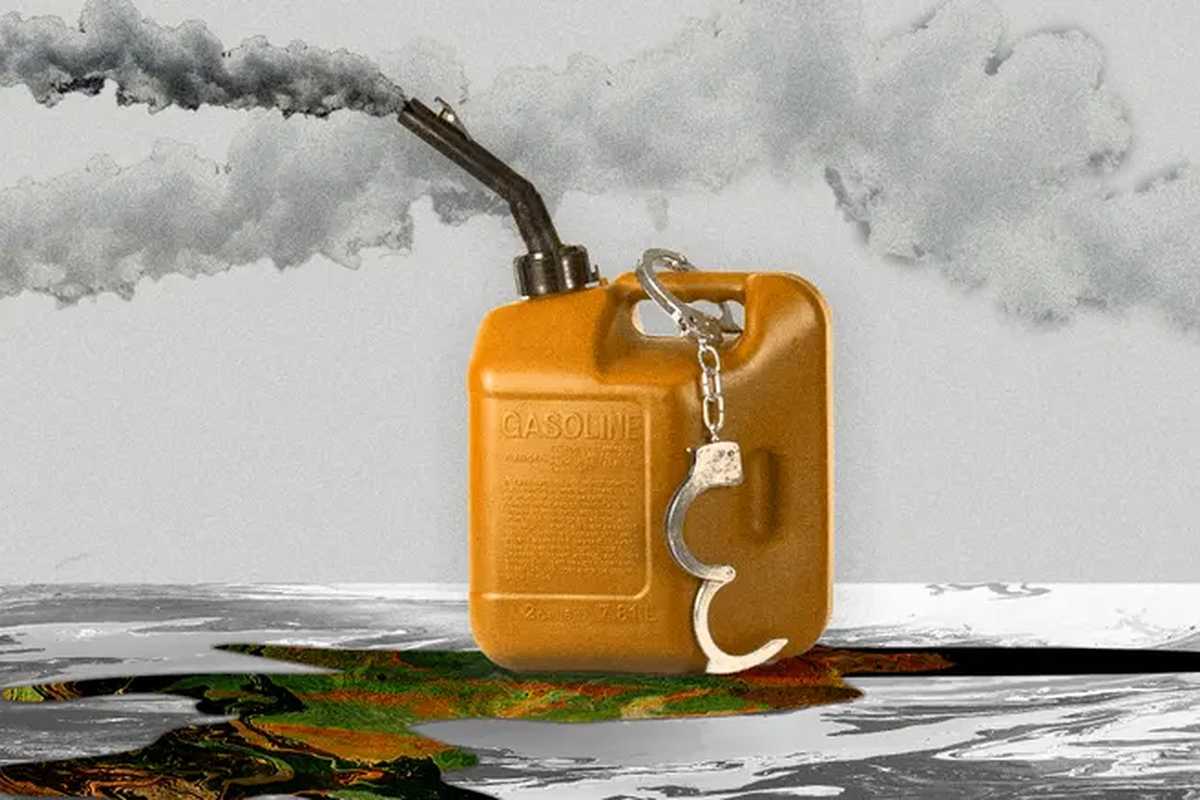Heating oil, a key energy source for millions of homes, particularly in regions with fewer natural gas supplies, has burgeoned into a dominant political issue. This traditional fuel, derived from crude oil, is used extensively in areas of North America and Europe where colder climates necessitate reliable heating solutions. The political landscape surrounding heating oil is influenced by economic, environmental, and geopolitical factors, each adding complexity to the ongoing debates about energy security, affordability, and sustainability.
Economic Impact of Heating Oil
The cost of heating oil is a critical concern for households dependent on this fuel for warmth during harsh winters. Prices are volatile, subject to fluctuations in the global oil markets influenced by events like geopolitical tensions, supply disruptions, and changes in crude oil production levels. For many, a spike in heating oil prices translates directly to increased living costs, forcing families to make difficult financial decisions. This economic strain has elevated heating oil to a significant political issue, with governments facing pressure to stabilize prices and shield consumers from market volatility.
In response, some regions have instituted subsidy programs or price caps during the winter months to help mitigate the burden on the most vulnerable populations. These initiatives, however, are often temporary and can lead to debates about long-term sustainability and fiscal responsibility within government budgets.
Environmental Concerns
The environmental impact of heating oil is another facet making it a hotbed of political controversy. As a fossil fuel, heating oil contributes to carbon emissions and air pollution, factors that are increasingly unacceptable to environmentally conscious voters and international climate commitments like the Paris Agreement. Governments are thus under pressure to promote cleaner, renewable energy sources as alternatives.
In response, policies aimed at reducing dependency on heating oil through incentives for energy efficiency improvements and investments in renewable heating technologies are being implemented. For example, initiatives that offer rebates for upgrading to more efficient heating systems or for installing alternative solutions such as solar thermal panels or heat pumps are gaining traction.
Geopolitical Dimensions
Geopolitically, heating oil is at the center of a larger discourse on energy independence and security. Countries that rely heavily on imported oil for heating are vulnerable to external political and economic pressures. This dependency can become particularly contentious during periods of international conflict or sanctions involving oil-producing nations.
In Canada and the United States, for instance, debates over domestic oil production versus imports have intensified, with proponents arguing that increased domestic production can lead to lower prices and greater security. Conversely, opponents caution against expanding fossil fuel infrastructure, pointing to long-term environmental risks.
Policy and Future Directions
The debate over heating oil intertwines with broader energy policies aimed at transitioning towards sustainable energy systems. Political parties and candidates often have divergent views on how quickly and aggressively this transition should occur, reflecting a broader polarization of energy policy.
Looking forward, the role of heating oil is likely to diminish as newer technologies mature and become more economically viable. The political challenge will be managing this transition in a way that balances economic, environmental, and social considerations. This includes ensuring that workers in the heating oil industry find opportunities in emerging sectors and that regions dependent on heating oil are not disproportionately affected by the energy shift.
As the global community moves towards greener energy solutions, the political discourse surrounding heating oil continues to evolve. While it remains a critical source of heat for many, the push toward sustainability is reshaping how politicians, policymakers, and the public view this traditional fuel. The complexity of the issue demands nuanced policies that address immediate needs while also setting the stage for a cleaner, more sustainable future. Heating oil’s role as a dominant political issue underscores the broader challenges and opportunities that lie in the transition to a sustainable energy landscape.




